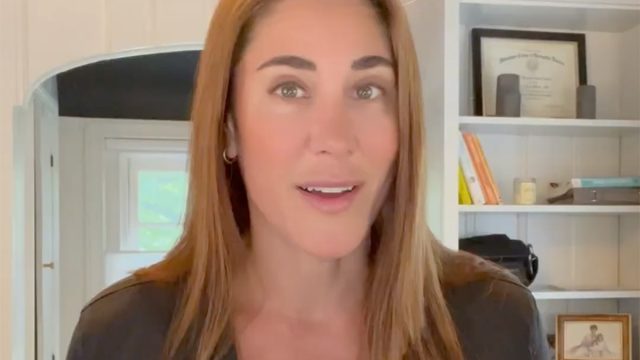I’m a Doctor and These Are Sure Signs You May Have Already Had COVID
Dr. Dana Mincer reveals all the things to look out for.
Fact: The number of people infected with COVID-19 is much higher than those who actually knew they were infected. Whether they misdiagnosed themselves with the cold or flu or simply showed few symptoms, you might have battled the virus without knowing it. “As the COVID-19 pandemic continues to affect people worldwide, it’s important to recognize that many individuals have already battled the virus and might not even realize it,” explains Dana Mincer, DO, a Philadelphia family practice and urgent care physician. She explains that the signs of a past COVID-19 infection can vary widely, “and in some cases, they may persist long after the acute phase of the illness has passed.” After seeing countless cases of the virus, she has identified certain sure signs that you’ve already had the virus.

The first sign you had COVID-19 is that you experienced symptoms at the time. These include fever and respiratory symptoms, loss of taste and smell, muscle aches, fatigue, gastrointestinal symptoms, or other cold symptoms.

Persistent fatigue is another hallmark of Long COVID, explains Dr. Mincer. “If you find that you’re easily exhausted or struggle with daily activities long after your initial infection, this could be a sign.”
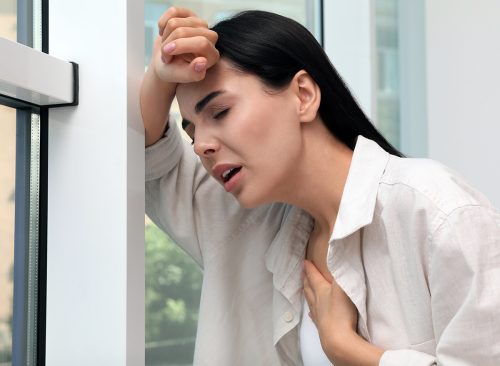
Some individuals continue to experience shortness of breath or difficulty breathing even after recovering from the acute phase of COVID-19, says Dr. Mincer.
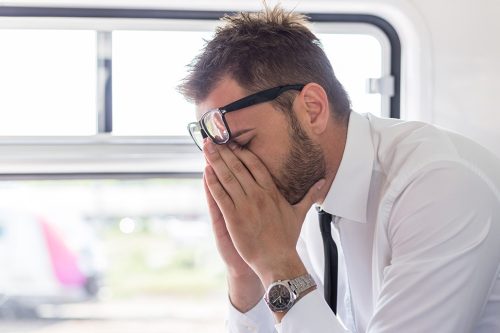
Cognitive difficulties, often referred to as “brain fog,” can affect memory, concentration, and overall mental clarity in Long COVID patients.
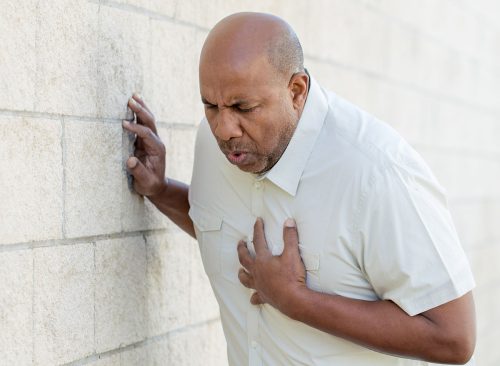
Chest pain or discomfort may persist for months in some individuals, even after the virus has cleared from their system.
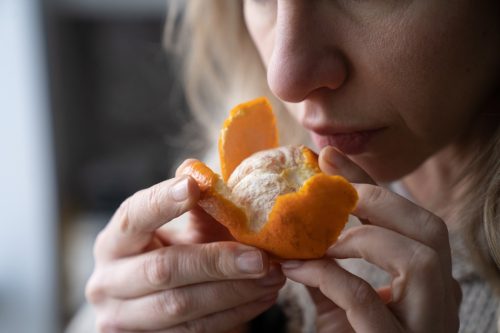
Are you struggling to smell? “Anosmia can persist or return in Long COVID patients, even if they initially improved,” says Dr. Mincer.

If you can’t taste, the same could be true. “Dysgeusia” is another common sign of Long COVID, says Dr. Mincer.
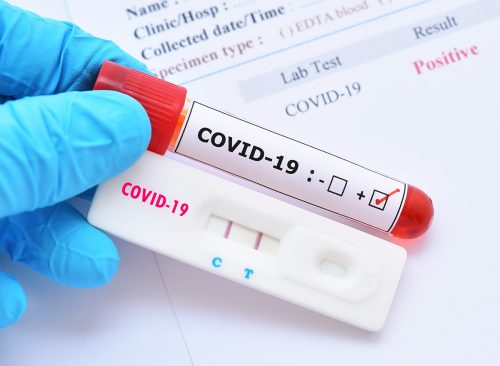
Another way to confirm a past COVID-19 infection is by testing for antibodies. “Antibodies are proteins produced by the immune system to fight off infections – they circulate in your bloodstream,” says Dr. Mincer. “If you had COVID-19, your body likely formed antibodies to SARS-CoV-2, the virus that causes the disease.” You can get an antibody test, also known as a serology test, to check for the presence of COVID-19 antibodies in your blood. “A positive result indicates that you’ve had the virus in the past, even if you were asymptomatic or had mild symptoms,” she explains.

COVID-19 has affected millions of people worldwide, and many individuals may have already had the virus without realizing it. “Recognizing the signs of a past COVID-19 infection is crucial for understanding your health history and potential risks,” explains Dr. Mincer. “If you suspect you’ve had COVID-19, whether due to acute symptoms, persistent long COVID symptoms, or a positive antibody test, it’s essential to consult with a healthcare professional to discuss your health and any potential long-term implications.”
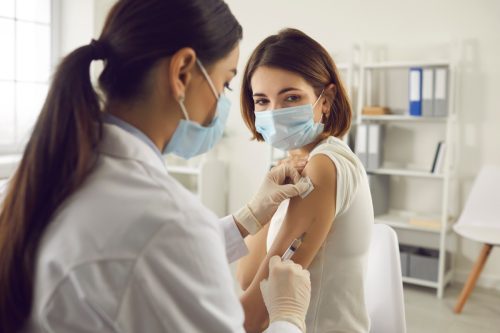
Reducing the risk of reinfection involves following common-sense practices, such as avoiding close contact with sick people and dining at outdoor restaurants. COVID vaccines have been updated and approved by the FDA and are currently available at healthcare providers and pharmacies. These vaccines are effective against the currently circulating variants and produce antibodies. The CDC recommends that everyone six months and older get one of the new shots this fall. Studies show that getting vaccinated reduces the risk of COVID infection and developing long COVID for about six months.
RELATED: 23 Places You’re Most Likely to Catch the New COVID Variant

Another way to prevent serious illness is “preventive,” Dr. Mincer adds. “So get yourself as healthy as possible by making food choices and activity choices that strengthen your body. This will drastically reduce your risks of severe or chronic illness and allow you the ability to enjoy what life has to offer!”
